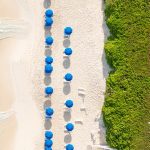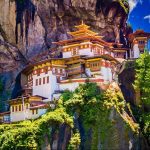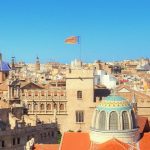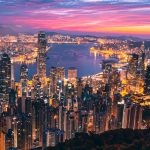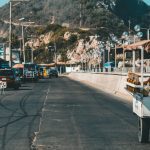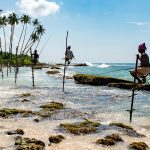The International Visitor Conservation and Tourism Levy will rise from US$22 to US$62 on Oct. 1
IAN STALKER
One of the tour operators with a large South Pacific program is disappointed but not alarmed by New Zealand’s decision to hike a tax imposed on those visiting the country, saying it doubts the greater levy will cut into visitations to the country.
Anthony Saba, Goway’s vice-president, South Pacific, noted New Zealand’s stance is far from unique.
“Unfortunately, New Zealand is not the only country to impose new tax increases, restrictions or fees in recent times,” he said. “While we don’t like to see such increases, we don’t expect to see an impact on the desirability of New Zealand to Canadian travellers.”
New Zealand authorities recently announced that the International Visitor Conservation and Tourism Levy will rise from US$22 to US$62 on Oct. 1.
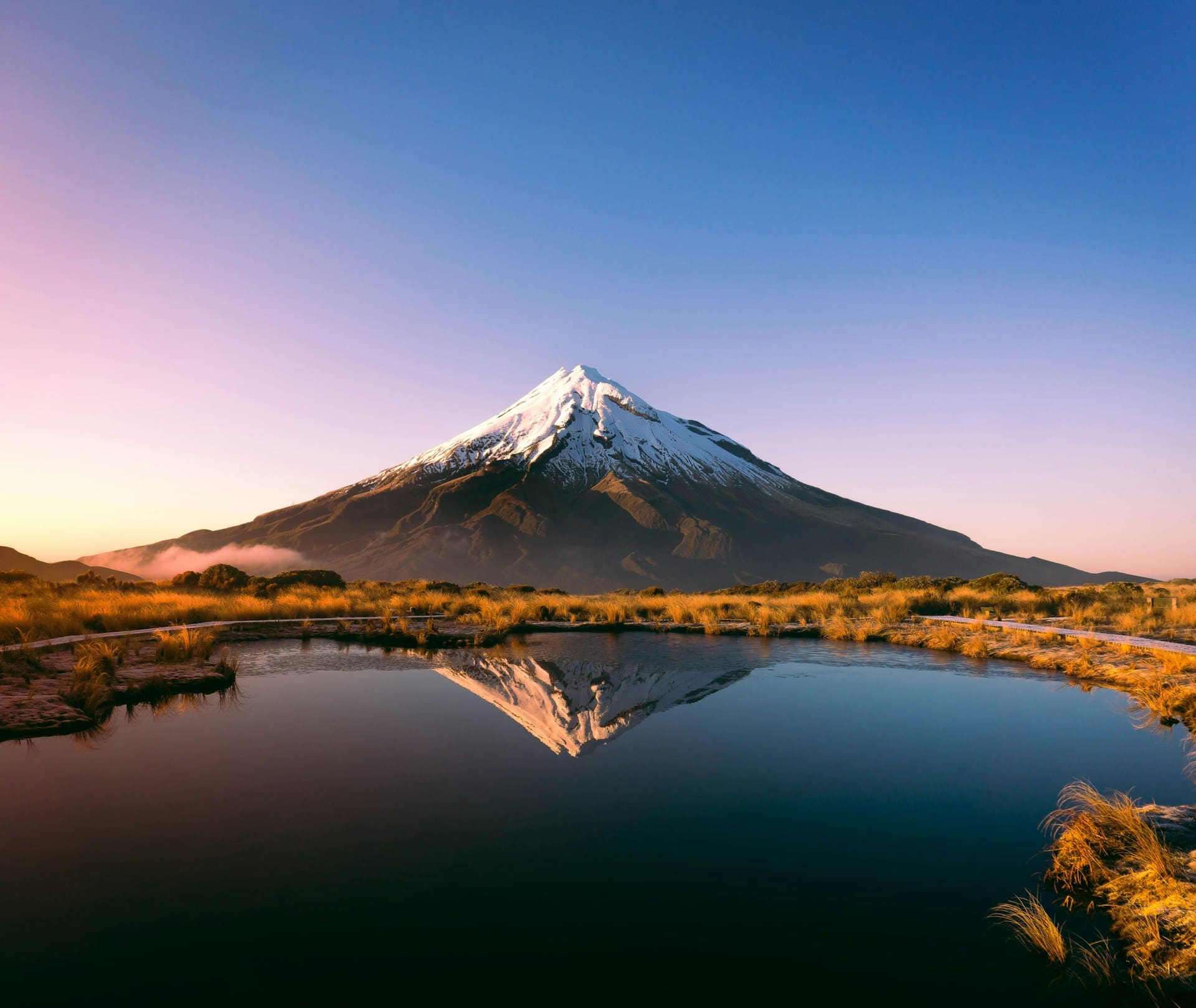
New Zealand hospitality and tourism minister Matt Doocey defended the the tax increase, saying it’s needed to help offset costs associated with tourism.
“International tourism also comes with costs to local communities, including additional pressure on regional infrastructure and higher upkeep and maintenance costs across our conservation estate,” he said.
The tax hike was denounced by Tourism Industry Aotearoa, which consists of stakeholders in New Zealand’s tourist trade. The association warned that the recovery of New Zealand’s tourist trade was lagging behind much of the rest of the world, and the higher tax “will further dent our global competitiveness.”
Dozens of countries now charge taxes, with those taxes carrying varied names. Those destinations argue such taxes are needed to help financially offset downsides of tourism, such as environmental degradation.

Saba suggested that those wanting to visit New Zealand but who don’t wish to pay the increased tax should visit it quickly.
“The tax will be paid at the time a traveler applies for a New Zealand e-visa (ETA), so anyone travelling soon will save if they do so before Oct. 1,” he noted. “We believe New Zealand should remain at the top of travellers’ minds regardless.”
Meanwhile, New Zealand also plans to raise prices for tourist visas on Oct. 1, although Canadians are among those eligible for a visa waiver that enables them to stay there up to three months if they’re only vacationing.
IATA says IVL increase will hurt travel and tourism sector
The International Air Transport Association (IATA) also expressed disappointment with the New Zealand Government’s decision to increase the International Visitor Conservation and Tourism Levy (IVL).
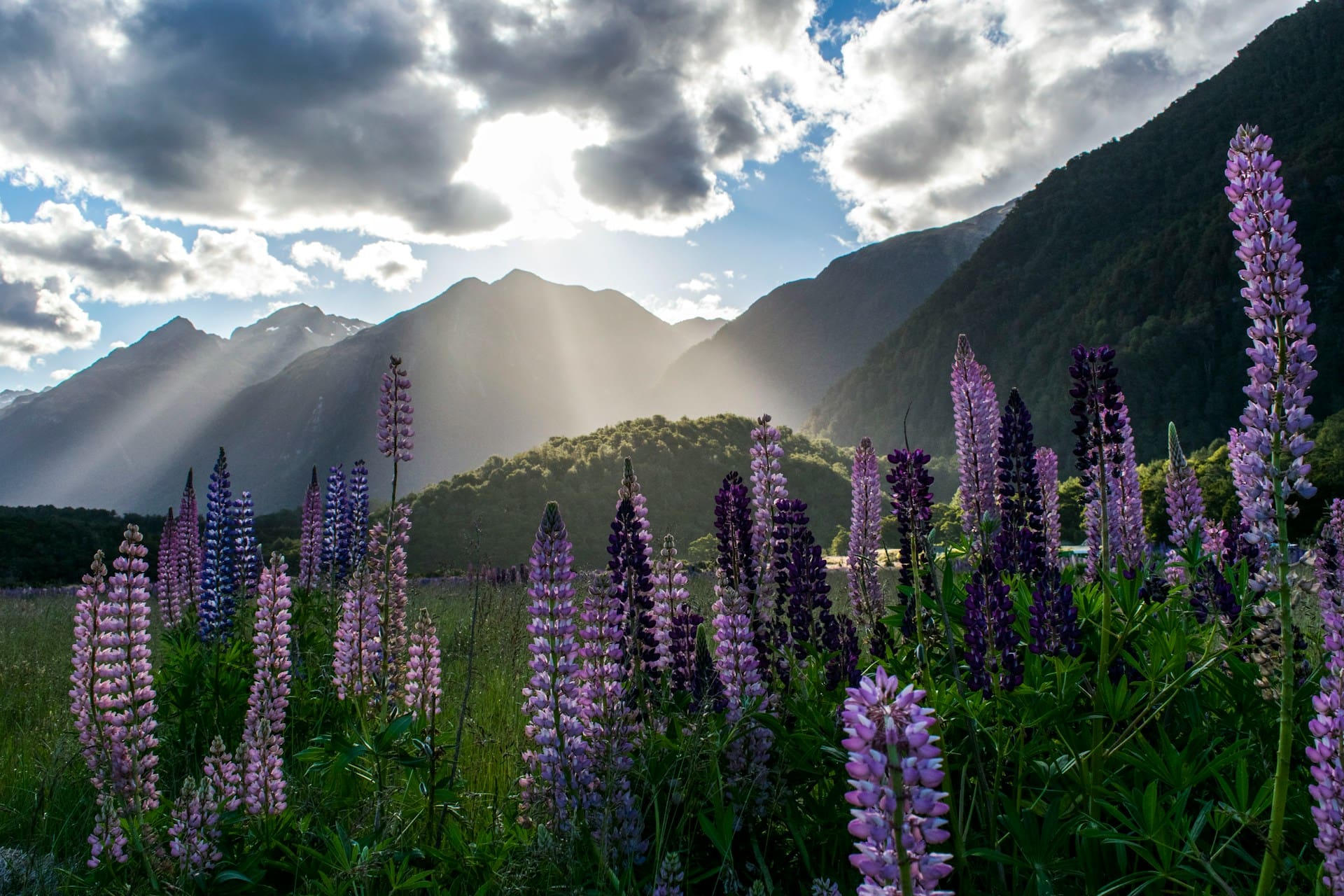
“It has been a double whammy for the New Zealand travel and tourism sector, starting with New Zealand Immigration announcing steep increases in visa fees, and now the increase in the IVL. These changes make travel to New Zealand more expensive and less attractive and could further delay the recovery in visitor numbers to beyond 2026,” said Dr. Xie Xingquan, IATA’s regional vice president for North Asia and Asia-Pacific.
The recovery of the New Zealand aviation market currently lags behind major markets such as Australia, Canada, France, Spain, the UK, and the US.
These markets have either recovered to pre-pandemic passenger levels or will achieve full recovery in 2024.

“The travel and tourism sector is an important contributor to the New Zealand economy. The government’s analysis indicated that more than three times of economic activity will be removed from the country for every dollar generated from additional IVL revenue. Instead of stifling its development, the government should be looking at ways to improve the country’s competitiveness as a destination compared to other markets,” said Xie. Thailand, for example, scrapped plans for a tourism tax on air travellers in June to encourage tourist spending in other areas.
During the public consultation process for the IVL, IATA had provided a submission urging that the IVL not be increased. “Unfortunately, the government announced the increased levy and its application in the 2024 budget while the consultation process was still ongoing, casting doubt on the process’ effectiveness,” said Xie.



